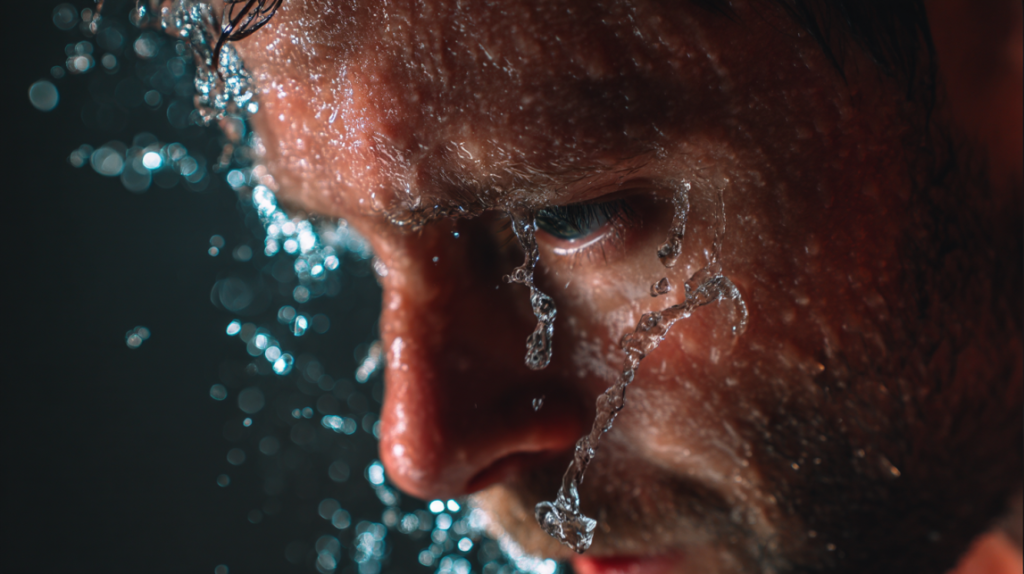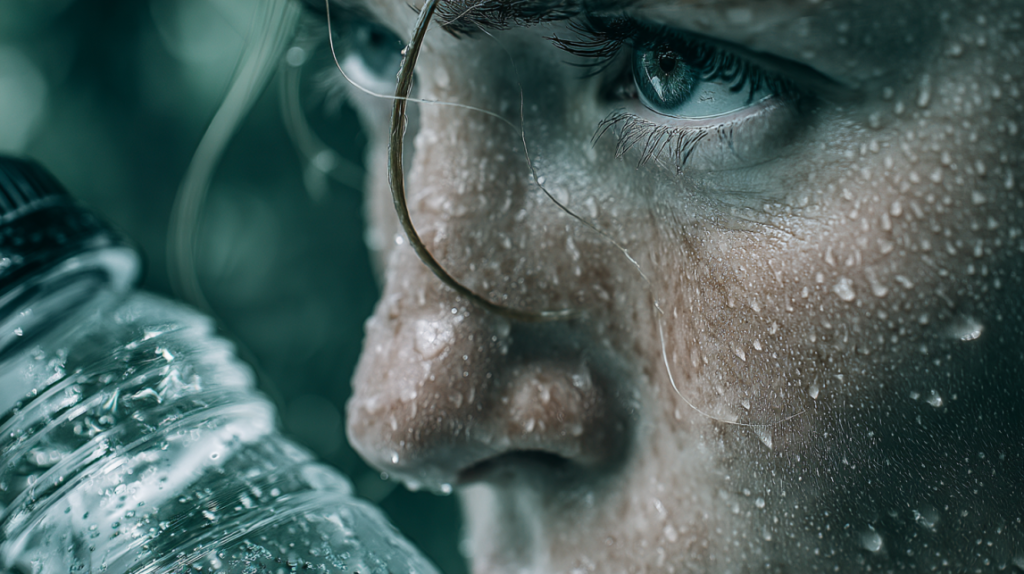Welcome to WeeZful – Your Guide to Healthy Living! My name is Nyla, and I’m passionate about helping people make smarter food choices for a healthier, happier life. Through my website, I share expert-backed nutrition tips, wholesome recipes, and practical wellness advice to make healthy eating simple, enjoyable, and sustainable. Whether you’re looking to boost your energy, manage your weight, or simply adopt a better lifestyle, you’re in the right place! Today, we’re diving into a crucial aspect of our well-being: the importance of hydration for mental clarity and focus.
Understanding Hydration
What is Hydration?
Hydration refers to the process of providing adequate fluids to the body to maintain its physiological functions. Water is essential for every cell, tissue, and organ in our bodies. It plays a vital role in digestion, circulation, temperature regulation, and, importantly, cognitive function.

Why is Hydration Important?
Staying hydrated is not just about quenching your thirst; it’s about ensuring your body operates at its best. Dehydration can lead to a myriad of health issues, including fatigue, headaches, and decreased cognitive performance. When we talk about the importance of hydration for mental clarity and focus, we’re highlighting how water impacts our brain function.
The Connection Between Hydration and Brain Function
How Water Affects Cognitive Performance
The brain is composed of about 75% water. This means that even mild dehydration can affect its performance. Studies have shown that when we’re dehydrated, our cognitive abilities decline. This includes impairments in attention, memory, and overall mental clarity.
Signs of Dehydration
Recognizing the signs of dehydration is crucial for maintaining mental clarity. Common symptoms include:
- Dry mouth
- Fatigue
- Headaches
- Difficulty concentrating
- Mood swings
If you notice these signs, it might be time to reach for a glass of water!

Hydration and Mental Clarity
The Role of Water in Brain Function
Water is essential for neurotransmitter function and the transport of nutrients to the brain. It helps in the removal of toxins and waste products, ensuring that our brain cells can communicate effectively. This is where the importance of hydration for mental clarity and focus becomes evident.
How Much Water Do You Need?
The amount of water each person needs can vary based on factors like age, gender, activity level, and climate. A general guideline is to aim for about 8-10 cups (2-2.5 liters) of water daily. However, listening to your body is key. If you’re thirsty, drink!
Hydration Strategies for Better Focus
Start Your Day with Water
Kickstart your morning by drinking a glass of water. This simple habit can set a positive tone for the day and enhance your mental clarity.
Keep Water Accessible
Always have a water bottle within reach, whether you’re at home, work, or on the go. This makes it easier to sip throughout the day.
Infuse Your Water
If plain water doesn’t excite you, try infusing it with fruits, herbs, or vegetables. This not only adds flavor but also provides additional nutrients.
Set Reminders
In our busy lives, it’s easy to forget to drink water. Set reminders on your phone or use apps designed to track your hydration.
Hydration and Focus During Work or Study
The Impact of Dehydration on Productivity
When working or studying, dehydration can lead to decreased productivity. You might find it harder to concentrate, and your energy levels may plummet. This is why the importance of hydration for mental clarity and focus cannot be overstated.
Hydration Breaks
Incorporate short hydration breaks into your work or study routine. Stand up, stretch, and drink some water. This can refresh your mind and enhance your focus.
Foods That Hydrate
Fruits and Vegetables
Many fruits and vegetables have high water content and can contribute to your hydration. Some great options include:
- Watermelon
- Cucumber
- Strawberries
- Oranges
Soups and Broths
Soups and broths are not only comforting but also hydrating. They can be a delicious way to increase your fluid intake.

The Role of Electrolytes in Hydration
What are Electrolytes?
Electrolytes are minerals in your body that carry an electric charge. They help regulate various bodily functions, including hydration. Key electrolytes include sodium, potassium, and magnesium.
Balancing Electrolytes
When you sweat, you lose electrolytes. It’s important to replenish them, especially if you’re active. Consider drinks that contain electrolytes or foods rich in these minerals.
Hydration Myths Debunked
Myth: You Only Need Water When You’re Thirsty
While thirst is a good indicator, it’s not always reliable. By the time you feel thirsty, you may already be dehydrated. It’s best to drink water regularly throughout the day.
Myth: All Beverages Hydrate Equally
While beverages like tea and coffee do contribute to hydration, they can also have diuretic effects. Water should be your primary source of hydration.
The Benefits of Staying Hydrated
Enhanced Mood
Proper hydration can improve your mood and reduce feelings of anxiety. When you’re well-hydrated, you’re more likely to feel positive and focused.
Improved Physical Performance
Hydration doesn’t just affect your brain; it also impacts your physical performance. Staying hydrated can enhance your endurance and strength during workouts.
Conclusion
In conclusion, the importance of hydration for mental clarity and focus is clear. Staying adequately hydrated is essential for optimal brain function, productivity, and overall well-being. By incorporating simple hydration strategies into your daily routine, you can enhance your mental clarity and focus, leading to a healthier, happier life.
Thank you for being here! I truly appreciate your support and interest in leading a healthier lifestyle. If you found this article helpful, please consider sharing it with your friends and family to inspire better food choices. Don’t forget to follow me on Facebook and Instagram for daily nutrition tips, wholesome recipes, and wellness insights. Your engagement means the world to me, and I can’t wait to continue this journey toward better health with you!
FAQs
1. How can I tell if I’m dehydrated?
Look for signs like dry mouth, fatigue, headaches, and difficulty concentrating.
2. Can I drink too much water?
Yes, excessive water intake can lead to water intoxication, which is rare but serious. Moderation is key.
3. Are there specific times I should focus on hydration?
Yes, it’s especially important to hydrate before, during, and after exercise, as well as first thing in the morning.
4. Do caffeinated beverages count towards my daily water intake?
Yes, but they can have a diuretic effect, so it’s best to balance them with water.
5. What are some quick ways to increase my water intake?
Carry a water bottle, set reminders, and consume hydrating foods like fruits and vegetables.

